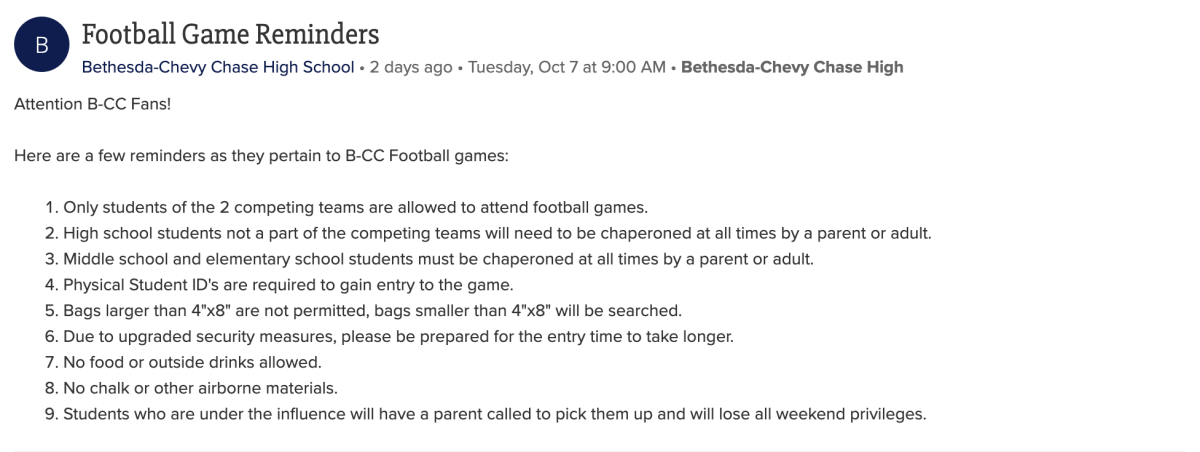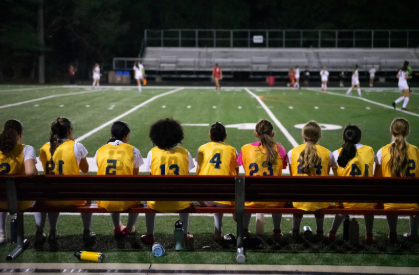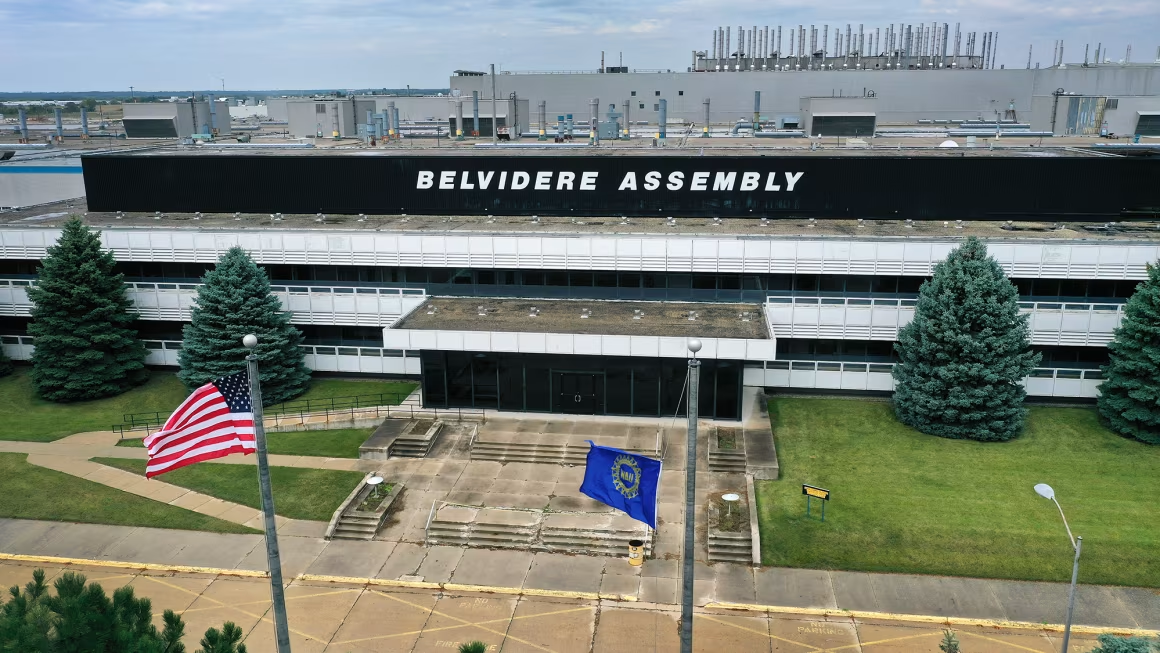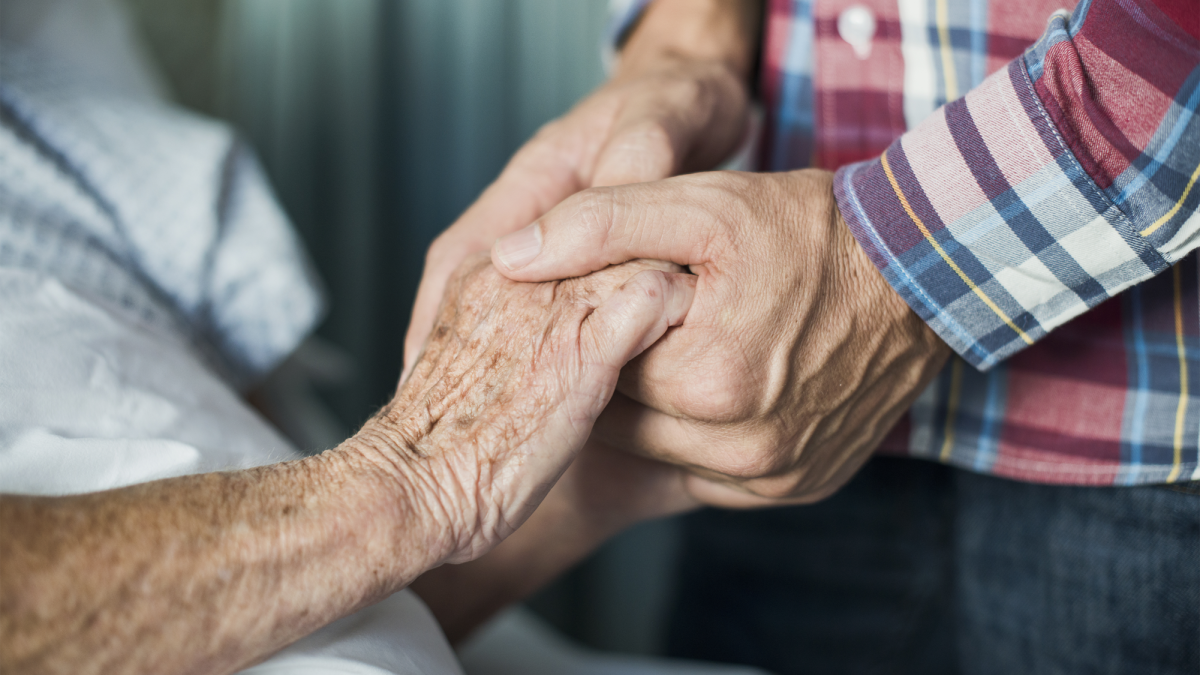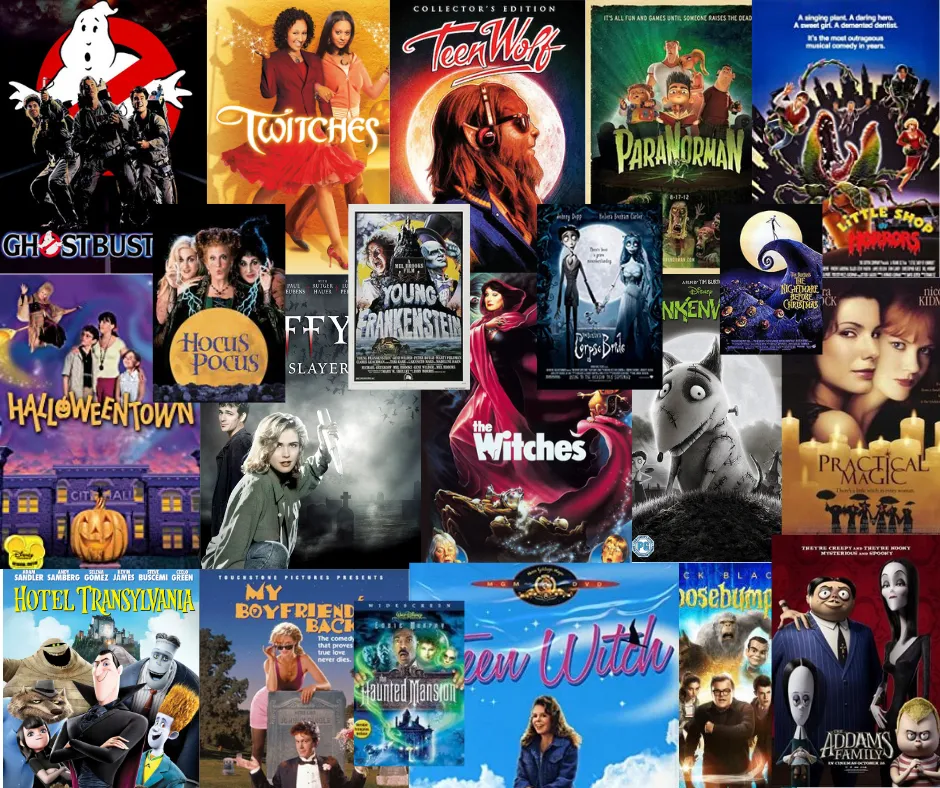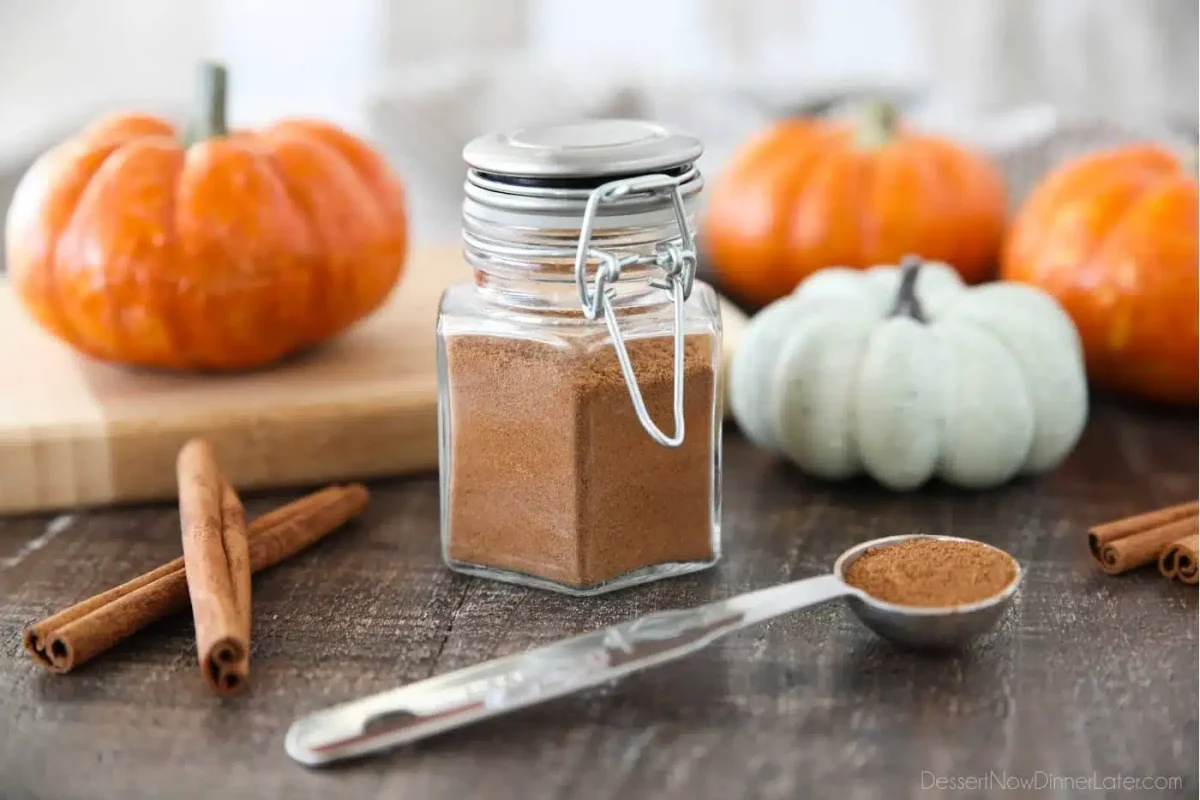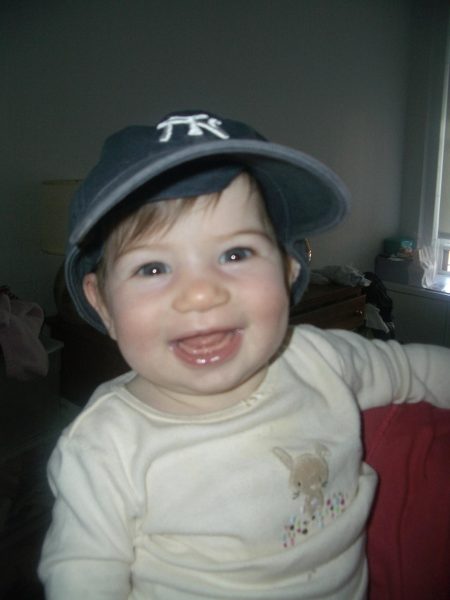In 11 states and D.C., patients facing a slow, painful death have an alternative choice: medical aid in dying. Maryland residents are still in need of — and deserve — this right.
Medical aid in dying — or MAID — is a highly controversial practice, involving prescription of a lethal medication to terminally ill patients. In states where MAID is legal, patients are granted a chance at a dignified and peaceful death. Patients can choose how to spend their last days, surround themselves with loved ones, and ultimately make their own choice and how and when to die. It is the most humane and gracious option for many who face death.
Oregon was the first U.S. state to legalize MAID, doing so in 1994. By 2025, 10 more states and D.C. have followed suit. While several states are currently considering legalizing MAID, every state should — in the name of compassion and humanity – legalize medical aid in dying.
Rachel Loreto, a Bethesda resident, is an end-of-life doula, easing the transition for MAID patients and their families. Traveling often to work in Vermont — one of two states that allow out-of-state residents to travel to seek MAID — Loreto has seen the importance of dignity at the end of life firsthand.
Loreto first became interested in MAID in 2023, when she and her sister took their aunt to Vermont to end her terminal struggle with ALS: “It was an incredibly moving experience to watch someone so brave and excited about the possibility of being able to end her suffering.”
After this experience, Loreto, who was a practicing social worker at the time, got two certifications as an end-of-life doula, and began working with clients in December of 2024.
The process of seeking MAID is long and thorough, with many guardrails in place to ensure safe use. In Vermont, eligible patients must first seek a physician willing to prescribe the lethal medication to them. Patients must be at least 18 years old, have a prognosis of six months or less to live, and be of sound cognitive ability to make their own decisions. After their initial appointment, patients have a second appointment with a consulting doctor, who evaluates the case on their own. Then, 15 days after the first appointment, the patient meets again with the prescribing physician. This 15-day waiting period acts as a way to ensure patients have fully thought through their decision. Finally, the prescription is sent, and the pharmacy holds it until the patient is ready to use it. Patients are then able to decide when, where, and how they die.
With all these safeguards in place, MAID is a thought-out, ethical, and incredibly careful process.
Often surrounded by family, patients ingest the lethal medication and spend their final moments as they choose.
“It’s always very peaceful every time in my experience,” said Loreto, “no one’s in pain.” Loreto added, “Everyone that I’ve witnessed has been really peaceful and nice, and people have made their decision. Families are supportive, and it’s a really beautiful thing to be a part of.”
After patients die, a present hospice nurse pronounces the patient dead, allowing the family to avoid emergency vehicles. On the death certificate, the cause of death is listed as their underlying illness, rather than medical aid in dying. To Loreto, this is a kindness to the deceased and their families, understanding of the true cause of their death.
“I like to think of it as people are not shortening their lives. They’re hastening their suffering,” said Loreto. “People should have the right, especially when they’re suffering so much, to be able to end their lives in this really peaceful, beautiful way, on their own terms. And it really is.”
“It really is very dignified and beautiful and such an expression of love. And that was what I witnessed with my aunt,” She described, “what I get out of it is witnessing that really beautiful transition … that brings a lot of love and peace.”
When in D.C., Loreto advocates for MAID legislation. However, access to MAID is at risk in D.C. A policy rider on Trump’s “Big Beautiful Bill” aims to repeal D.C.’s Death with Dignity Act. Loreto encourages MAID supporters to write to their congresspeople, highlighting, “[Advocates for MAID] support medical aid in dying for D.C. residents and the majority of people in D.C. do support this as well, and had voted for it before, and now it’s being taken away federally.”
“That would be the best thing right now, in the next two or three weeks,” said Loreto, as the act actively remains at risk.
Medical aid in dying is a compassionate, merciful act that must be made accessible. It makes a terrifying, painful, difficult death into something beautiful.
“It is so peaceful and so tranquil,” Loreto said, “and the love is just palpable.”
As long as critical safeguards are in place, the state of Maryland owes it to its residents to make this peace, tranquility, and love accessible through medical aid in dying.





